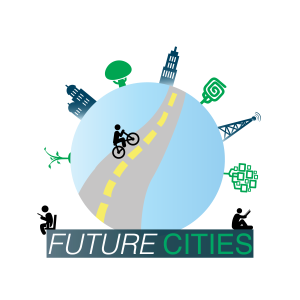Salt River Pima-Maricopa Indian Community Turns Brownfield to Greenfield
January 9, 2018

The Salt River Pima-Maricopa Indian Community (SRPMIC) is turning a former Brownfield site into an Environmental Education Demonstration Garden.
The site, formerly called the Beeline Gravel Pit, was a raceway-turned-disposal area that was transformed with the help of EPA Brownfields Site Specific Funds. SRPMIC completed cleanup of the site in 2016—and then began to reimagine its use.
The Environmental Education Demonstration Garden was inspired by the idea of having a new green space to teach SRPMIC Community members about the importance of protecting and taking care of the land and its resources. Rather than develop the site and then invite Community members into it, SRPMIC began site transformation with Community education in mind.


















